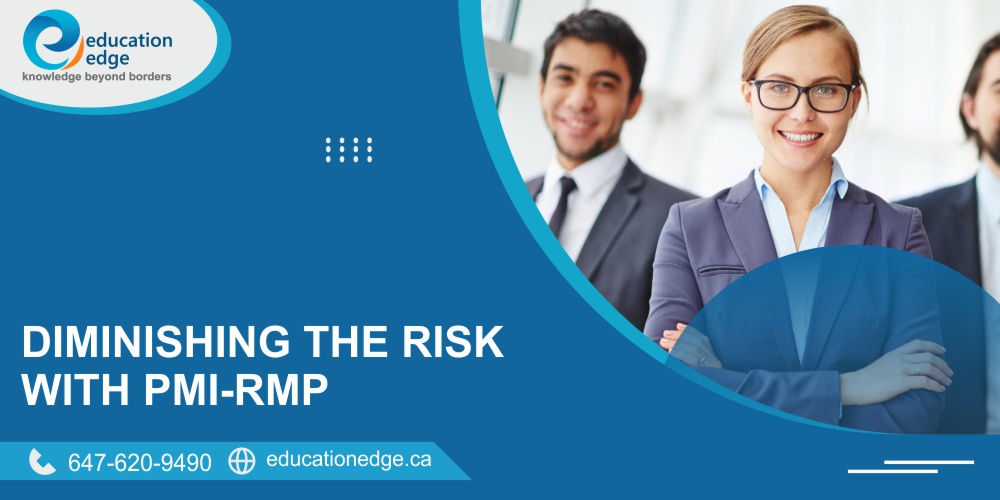The PMI- Risk Management Professional certification recognizes an individual’s ability to identify and evaluate project risks, mitigate threats, and capitalize on opportunities. Risk Management Professionals operate a specialized function sensitive to the needs of project environment.
 |
| Diminishing the risk with PMI-RMP |
Why
do companies hire Risk Management Professionals?
● Risk management is used frequently
by 83 percent of high-performing project management organizations.
● This certification demonstrates how
risk management practices can distinguish between successful and failing
organizations.
● The PMI-RMP is one of the most
widely recognized certifications for professionals pursuing a career in risk
management.
● PMI-RMP holders are employed across
various sectors from IT, manufacturing, and finance to healthcare.
● RMP Candidates earn salaries among the industry's highest-earning professionals.
Who is suitable for PMI-RMP?
This
course is suitable for Professionals with a project or organizational role in
the area of risk management.
PMP holders or program managers who aim to expand their practical knowledge by understanding a deeper level of risk management techniques and skill sets tend to gain this certification.
PMI-RMP
Certification Requirements-
● High School Diploma/ Degree/ Certificate
● 36 months of Risk Management
experience gained in the last 5 years.
● 40 hours of project risk management
training
OR
● Four-year Bachelor’s Degree
● 24 months of Risk Management
experience gained in the last 5 years.
● 30 hours of project management training.
Knowledge
Areas covered by PMI-RMP
1. Risk Strategy and Planning- Create
and implement a project risk strategy based on the project's goals and
objectives. It aids in the development of a risk management strategy.
2. Stakeholder Engagement- Interact
with and train stakeholders on risk principles and processes. Train team members
on how to effectively implement risk management processes.
3. Risk Process Facilitation- Apply
various qualitative and quantitative methods to properly prioritize risks and
plan for future convenience. Create a project budget plan based on the risk
exposure.
4. Risk Monitoring and Reporting-
Updating the project risks on a daily basis aids in the preservation of
accurate data that can be accessed at any time.
5. Performing Specialized Risk Analysis-Using specialized qualitative approaches to estimate the project's overall risk exposure. Methods like SWOT (strengths-weaknesses-opportunities-threats) analysis are used to examine the risk data.
Choosing
the best institute for your project management training and boot camps is a challenging task. Candidates must always
look out for PMI-Authorized Training Partners.
For
students who aim to master the standard, EducationEdge offers preparatory
courses and excellent guidance for numerous certifications such as the PMP,
PMI-RMP, PMP Bootcamp, and many
others. Being a PMI-ATP, EducationEdge provides an extraordinary experience to
its students.

.gif)